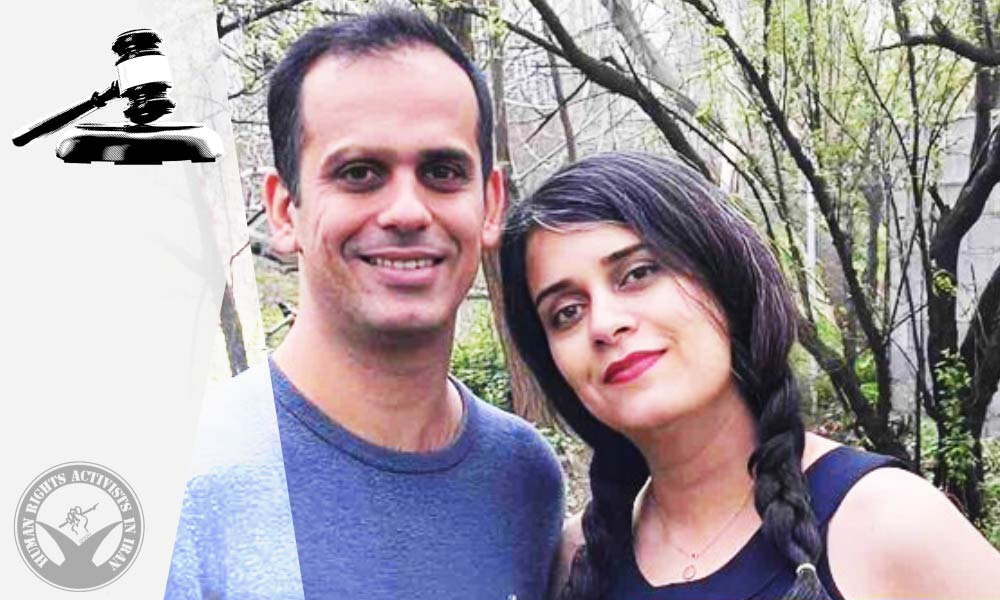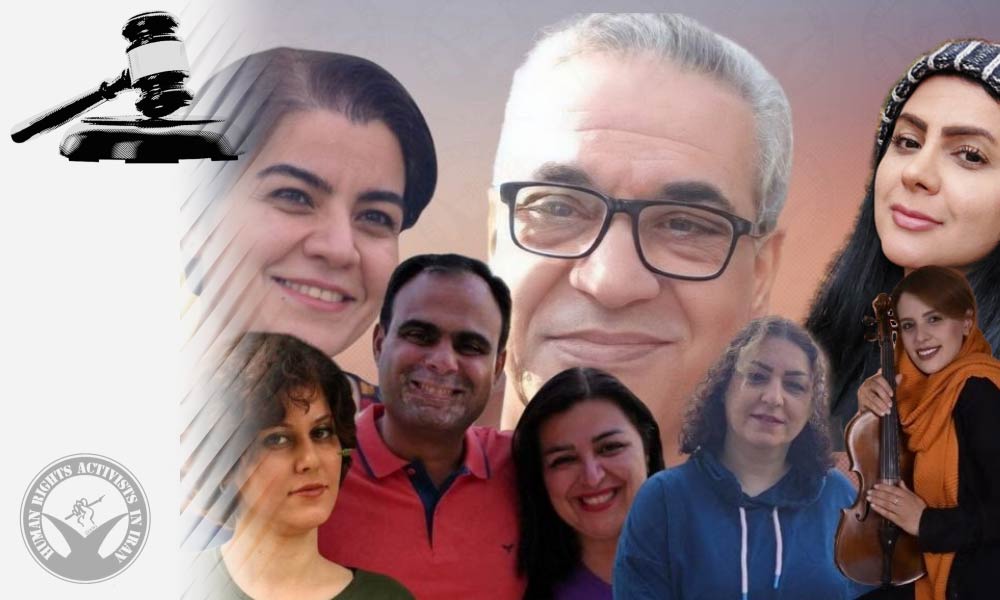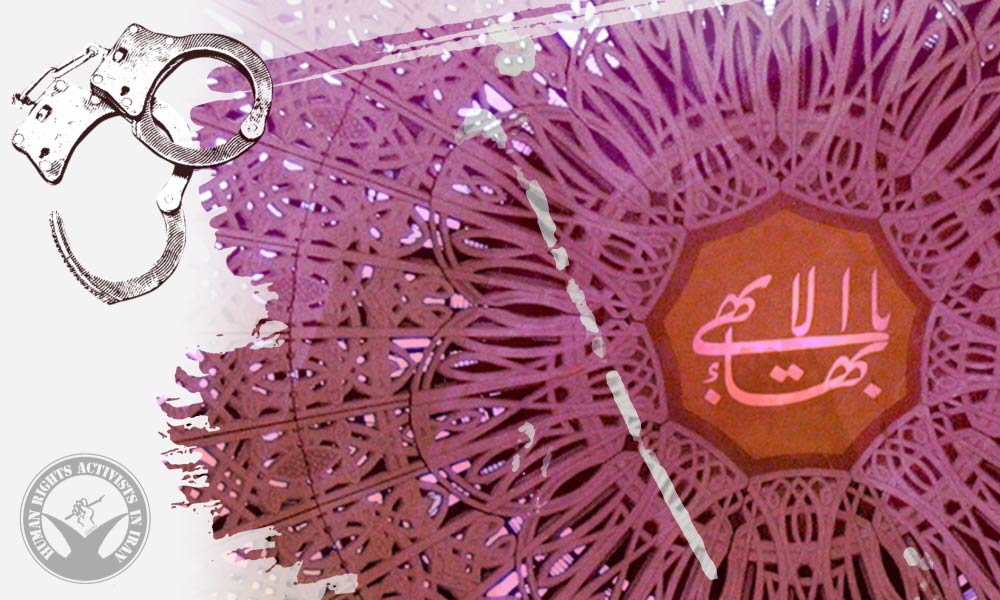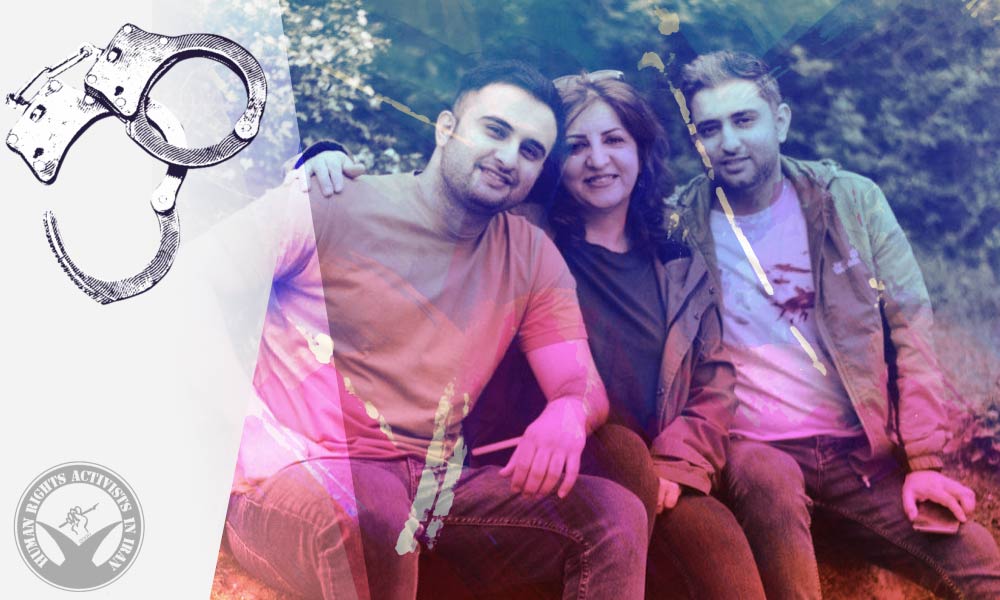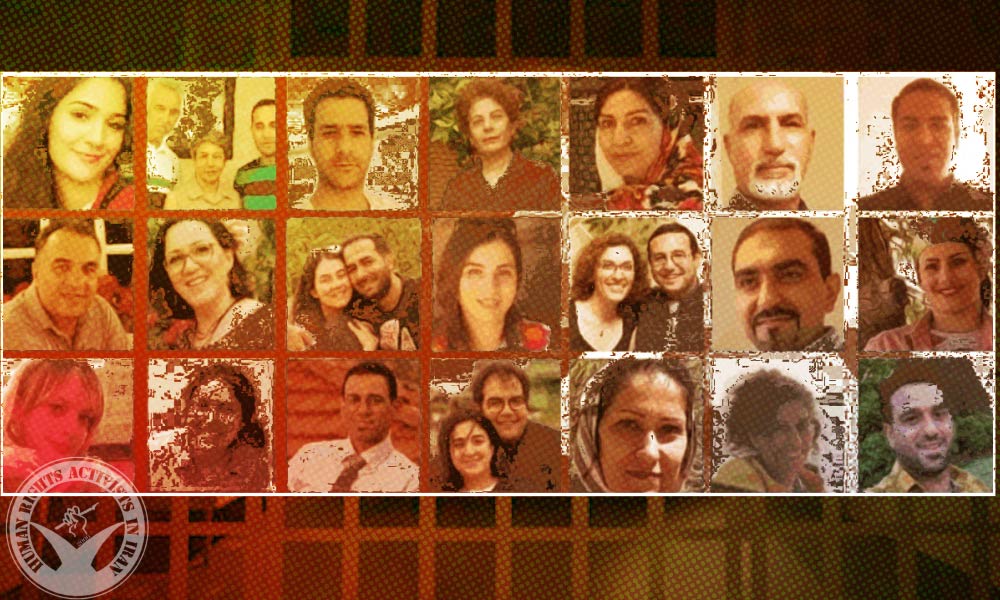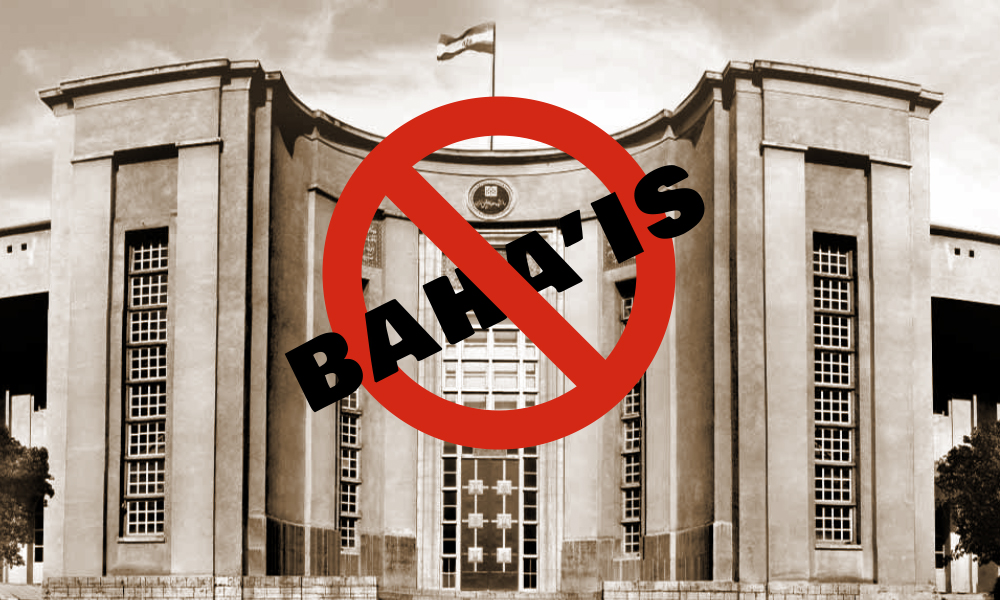In a concerning development, the Ghaemshahr Revolutionary Court has handed down a collective prison sentence of 31 years to 14 Bahai citizens.
The individuals affected by this ruling are Mani Gholinejad, Bita Haghighi, Sanaz Hekmat Shoar, Negar Darabi, Sam Samimi, Mahsa Fathi, Samieh Gholinejad, Majir Samimi, Anis Senaei, Afnaneh Nematian, Basir Samimi, Hengameh Alipour, Gulben Fallah, and Nazanin Goli.
Bita Haghighi and Sanaz Hekmat Shoar have received three years and paying a fine. The rest have been sentenced to two years and one month. All their confiscated belongings during the arrest have also been seized.
The charges against these Bahai individuals revolve around allegations of engaging in “educational activities and propaganda at variance and against Islamic Sharia law.”
Security forces arrested these individuals in Sari and Babolsar, located in the Mazandaran Province, on August 31, 2022. Subsequently, they were released on bail in the months following their arrest.
During the time of their apprehension, the Ministry of Intelligence issued a statement accusing these citizens of being members of an espionage organization, further claiming that two among them had received training from Zionists in Israel.
According to HRANA annual report, from the total human rights reports regarding the violation of religious minorities’ rights, 64.63% belonged to the violation of the rights of Baha’is.
The deprivation of the freedom to practice their religion is a breach of Article 18 of the Universal Declaration of Human Rights and Article 18 of the International Covenant on Civil and Political Rights. The United Nations covenant holds that every person has the right to freedom of religion, freedom of converting religion, as well as freedom of expression, individually or collectively; openly or secretly.




